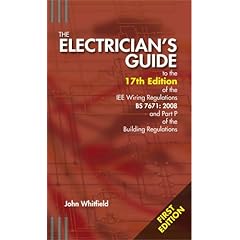I see where you are coming from now, however it still remains that the person has to prove they took the necessary steps, it is not up to the prosecution to prove they didn't.
For a criminal trial to begin there will have to be some sort of solid proof that an offence has been commited.
For a criminal trial to begin there will have to be some sort of solid proof that an offence has been commited.



